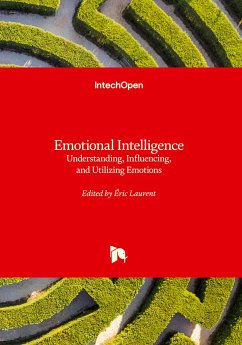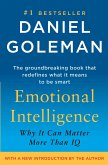Intelligence has long been a focal point and an explanatory framework of performance and behavior for researchers in psychology and cognitive science. However, the concept of ¿intelligence¿ has been explored through various metaphors and models. In 1990, Salovey and Mayer coined the term ¿emotional intelligence¿ (EI) with respect to a set of processes consisting of identifying and regulating emotions, and more generally, adapting behavior to this emotional context. Three decades later, this book compiles seven chapters introducing the most influential models of emotional intelligence, stressing the developmental trajectories that are related to EI dynamics as individuals age and delving into cognitive and neural activities associated with EI. Additionally, the book discusses the application of EI research to the contexts of everyday life choices, economic decision-making, and neuropsychological practice. Altogether, the various chapters also provide the opportunity to reconsider the intricate nature of what has often been considered separately as ¿cognitive¿ and ¿affective¿ processes.
Hinweis: Dieser Artikel kann nur an eine deutsche Lieferadresse ausgeliefert werden.
Hinweis: Dieser Artikel kann nur an eine deutsche Lieferadresse ausgeliefert werden.








